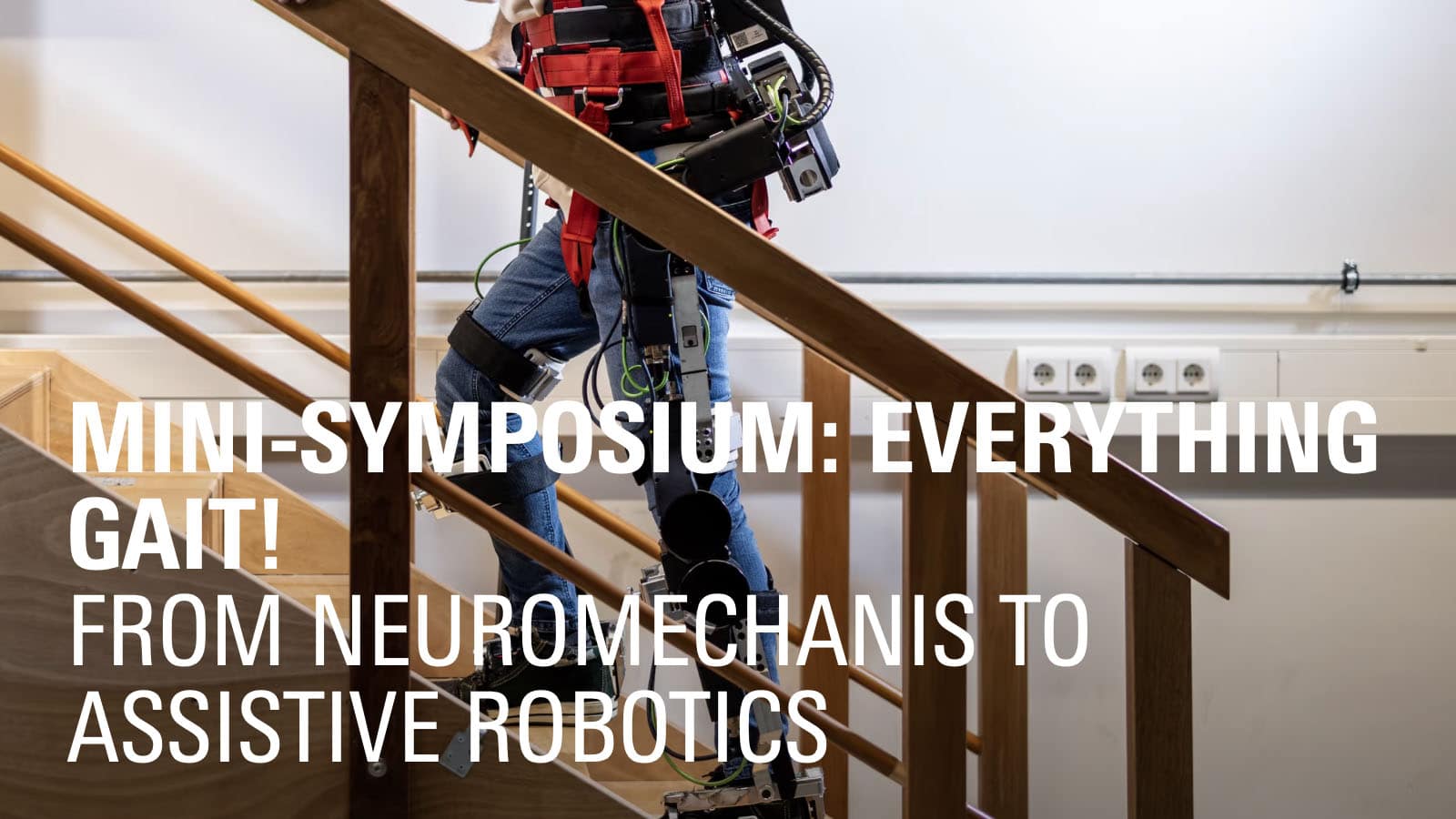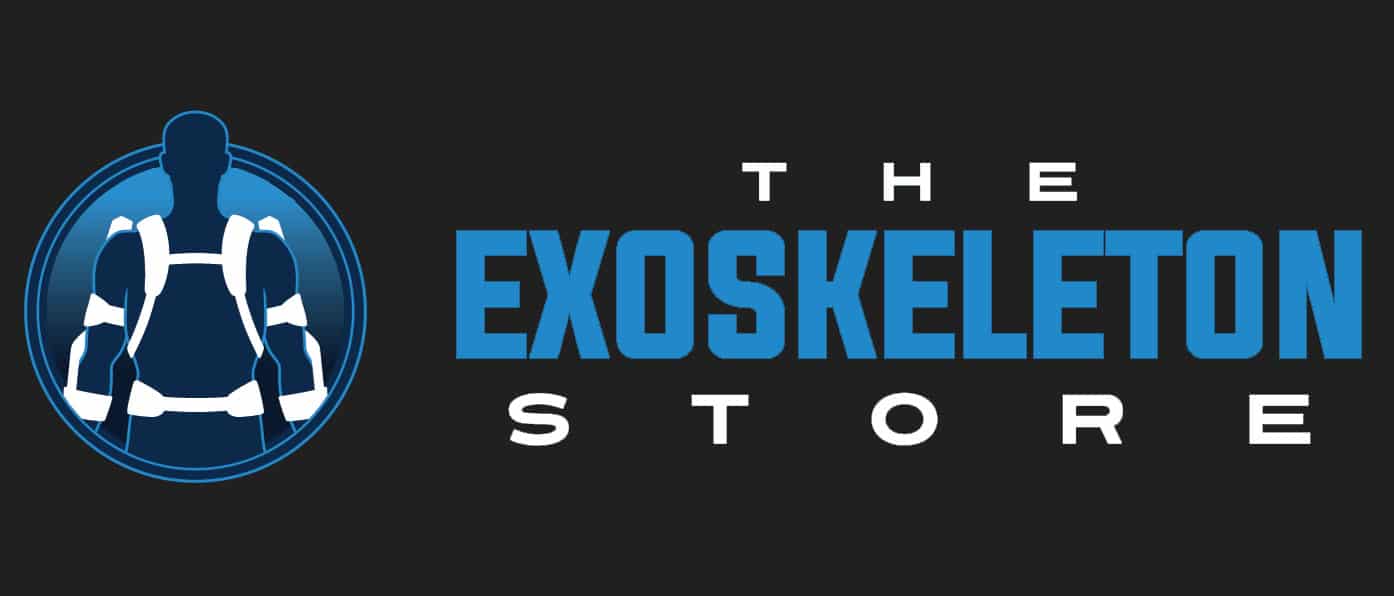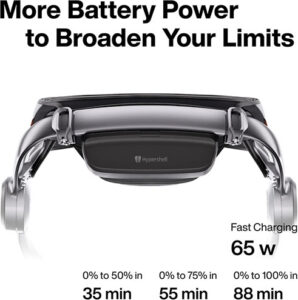
- This event has passed.
MINI-SYMPOSIUM: EVERYTHING GAIT! FROM NEUROMECHANIS TO ASSISTIVE ROBOTICS

The University of Twente — Robotics Centre (human‑centred robotics research hub) and ICMS, Interdisciplinary Consortium for Clinical Movement Sciences & Technology (clinical movement‑science partnership) are organizing a short symposium on the improvements of gait-assist exoskeleton control. A committee led the organization of the mini-symposium with Prof. Massimo Sartori, Dr. Rai MacLean, Prof. Herman van der Kooij, and Dr. Edwin van Asseldonk at the helm.
Invited speakers:
-
Bob Peterka (Oregon Health & Science University) – expert on human balance control.
-
Prof. Dan Ferris (University of Florida) – authority on exoskeleton hardware–software co‑design.
-
Dr. Aaron Young (Georgia Tech) leads AI‑driven control of wearable robots.
“Mini‑Symposium: Everything Gait! —from Neuromechanics to Assistive Robotics 2025” is a concentrated, two‑hour programme featuring three headline‑quality talks:
Time |
Topic & Speaker |
Key angle |
|---|---|---|
|
10:05 |
Eight mechanisms for frontal‑plane balance control while walking – Bob Peterka |
How the nervous system uses multiple, coordinated strategies to stay upright during gait |
|
10:40 |
Actuators, Controllers & Transmission – the ACT problem for robotic exoskeletons – Dan Ferris |
Why hardware limits still bottleneck exoskeleton performance and practical fixes on the horizon |
|
11:15 |
Task‑agnostic control using deep learning for wearable lower‑limb robots – Aaron Young |
Data‑driven AI that personalises assistance while generalising across tasks and users |
When & Where:
-
Date / time: Friday, 4 July 2025, 10:00 – 12:00 CEST
-
Venue: Technohal 3138, University of Twente campus, Enschede, the Netherlands (in‑person only)
Why attend?
The Robotics Centre’s mission is to create human-centred robotic solutions that enhance the quality of life. ICMS advances movement science research to help people with mobility disorders. By bringing three internationally recognised researchers together in one morning, the symposium delivers a rare, holistic look at:
-
Fundamental neuromechanics
-
Engineering roadblocks
-
Next‑generation control
Students, clinicians, roboticists, and AI researchers will leave with a comprehensive understanding of where gait science and wearable robotics are headed and how these two disciplines can accelerate each other’s progress. All those interested in biomechanics, rehabilitation, robotics, or AI in bionics are welcome, but seating is limited.




